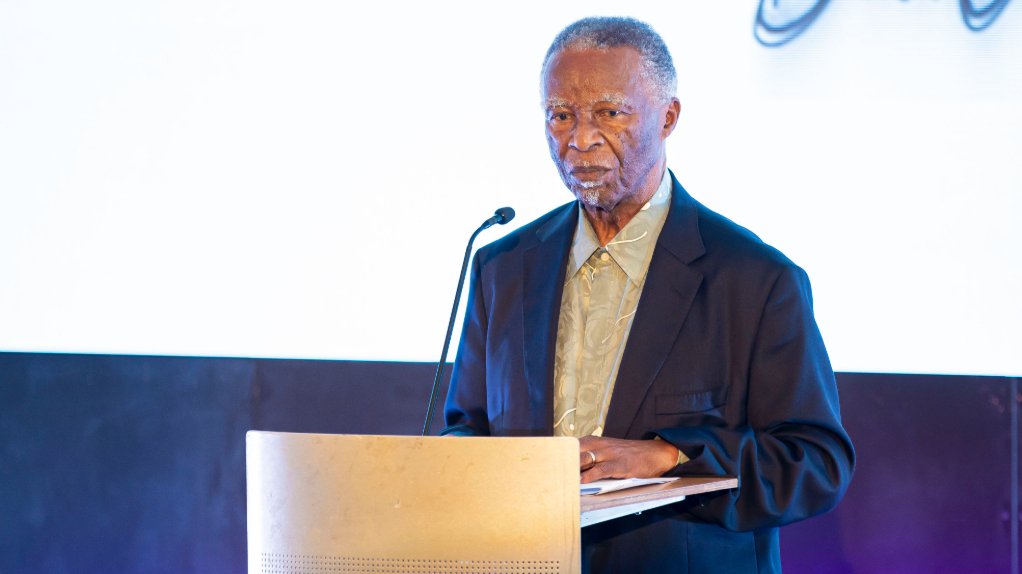GOOD Party secretary-general Brett Herron said on Monday that former Presidents Thabo Mbeki, Kgalema Motlanthe and Jacob Zuma are best suited to answer questions on apartheid-era atrocities.
The Pretoria High Court is hearing an application by Mbeki and former Minister of Justice and Constitutional Development Brigitte Mabandla, as they seek to intervene in the constitutional damages litigation brought by 25 survivors and families of victims who were forcibly disappeared or killed during apartheid.
The families, and the Foundation for Human Rights, filed a court application against President Cyril Ramaphosa and the government in January, seeking R167-million in constitutional damages for what they say is government’s “gross failure” to adequately investigate and prosecute apartheid-era political crimes following the Truth and Reconciliation Commission (TRC).
Herron pointed out that whether Mbeki succeeds or not in his application to join the case brought by victims of apartheid against government, he has a duty to explain the State’s disinterest or inability to prosecute apartheid-era cases recommended for prosecution by the TRC.
“Rather than applying to join the litigation as a party, so he can appeal the outcome as he deems necessary, if Mbeki has nothing to worry about, he should have applied to join the case as a friend of the court,” Herron argued.
The TRC was established in 1995 as South Africa’s transitional justice vehicle, granting amnesty to qualifying perpetrators of human rights violations, and making recommendations on reparations for victims and prosecution of those not granted amnesty.
Herron explained that the State elected not to follow most recommendations, making lower reparations payments than suggested, ignoring the recommendations on economic justice and narrowing inequality, and conducting no prosecutions.
Former National Director of Public Prosecutions Vusi Pikoli and National Prosecuting Authority (NPA) officials had stated that interference from Mbeki’s government resulted in the NPA ending TRC investigations into apartheid crimes by those that denied offenders’ amnesty.
Pikoli was fired in 2007 by Mbeki.
Herron highlighted that although Pikoli’s statements alleged criminality and unconstitutionality, neither Mbeki nor Mabandla ever sued him for damaging their reputations.
“Did the politicians then in charge of the country not notice that the NPA was failing to prosecute the alleged killers of their own political comrades? And, to what extent did political interference in the NPA create a precedent from which South Africa’s criminal justice system has yet to recover,” he asked.
Last month, Ramaphosa announced the establishment of a judicial commission to investigate these matters.
EMAIL THIS ARTICLE SAVE THIS ARTICLE ARTICLE ENQUIRY FEEDBACK
To subscribe email subscriptions@creamermedia.co.za or click here
To advertise email advertising@creamermedia.co.za or click here











